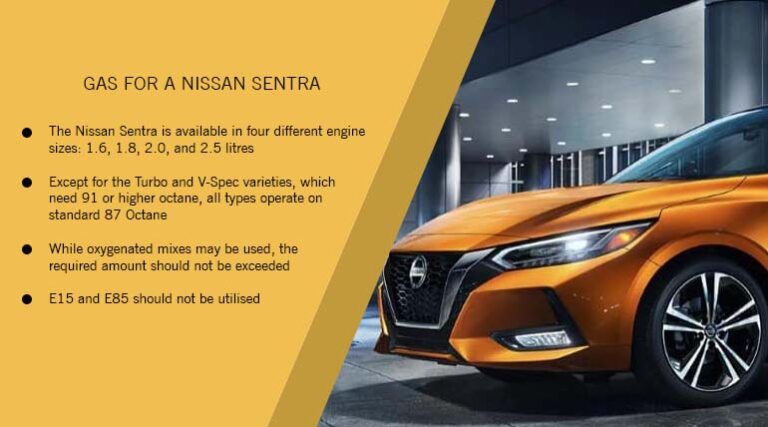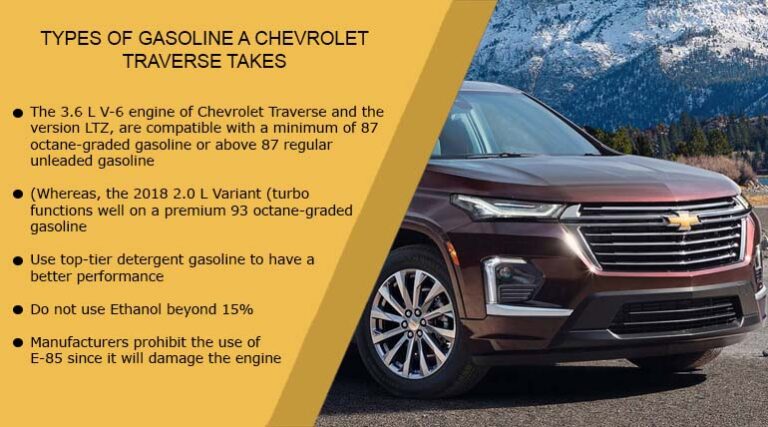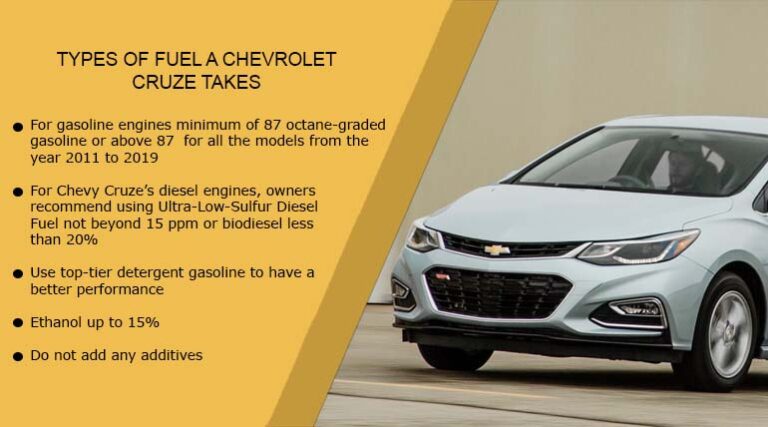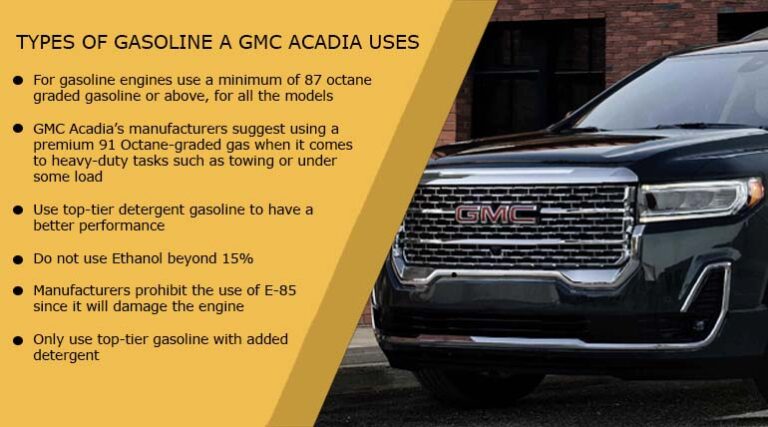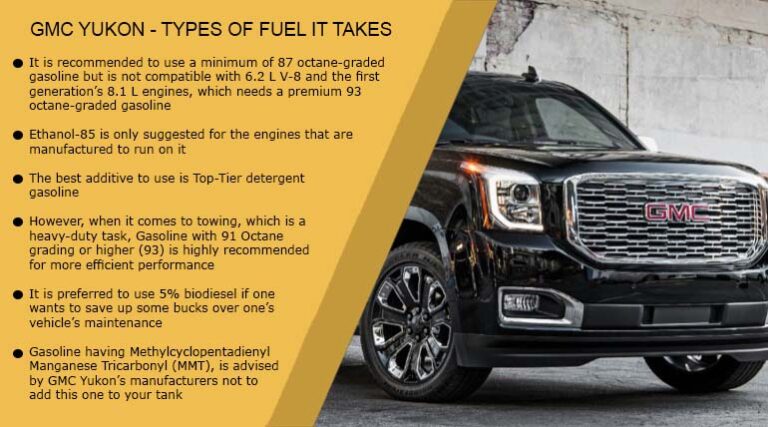Non-conventional Types of Fuels (Alternatives To Gasoline Fuel)
Today, we have various fuel options in the market that we can use as alternatives to gasoline fuel. But what are they? And are they even effective enough to be used as alternatives to our regularly used gasoline? We have sorted all of your confusion in this article. What you’re waiting for? Let’s begin.
Substitutes of Gasoline Fuel
Alternatives To Gasoline Fuel are many in the market. The most commonly used include;
- Alcohol and Alcohol Blends
- Oxygenated Blends
- Reformulated Gasoline Fuels (RFG)
- Fuel Additives such as cleaning agents, detergents (Top-Tier Detergent Gasoline)
- Biodiesels (For Diesel-based engines)
Let’s read further to discuss each non-conventional fuel type in the next section.
Biodiesels
Biodiesel oils are very nature friendly since they are soya-bean oil derivatives. Canola and yellow grease are the sources and are biodegradable. Indeed, biodiesel oils are very nature friendly. Their derivation is from cooking oil (wasted) and vegetable oil. They are only compatible with diesel-based engines only. Hence, engines that run on gasoline fuels cannot use biodiesel are a substitute fuel. Gasoline-based engine cars such as Chevrolet Equinox do not use biodiesels.
Biodiesel is best used in cold weather. Their performance under cold temperatures depends on feed-stock, diesel (petroleum) blends, and biodiesel features. Instead of using biodiesel alone, blending it with regular diesel gives the best results in winter. Its small percentage can be used. Biodiesel-5 and diesel grade No.2 provide the best results together.
Reformulated Gasoline Fuel (RFG)
Reformulated Gasoline Fuel (RFG) is greatly encouraged to be utilized by almost all American vehicle manufacturing brands. The best way to eliminate smog and decrease air pollution is to use RFG. Comparative to conventional regular gasoline, Reformulated Gasoline Fuel is manufactured to burn more cleanly. Almost all the cars in the USA; from SUVs like Hyundai Kona to pickup trucks like RAM 1500 like are allowed to use RFG as fuel due to its environment friendliness.
For cleaner and greener burning, and with a nature-friendly impact, Reformulated Gasoline (RFG) is produced, which causes reduced smog, and less toxic pollutants than regular gasoline, having no adverse consequences. RFG plays a significant role in the decline the pollution in the USA. Many citizens respire unpolluted air after utilizing RFG instead of conventional gasoline.
Gasoline and Ether Blends
To reduce the Carbon Mon-Oxide (CO) from the environment, Oxygenated blends of gasoline fuels are used. The most commonly used oxygenate is MTBE, the abbreviation for Methyl Tert-Butyl Ether. MTBE is the most famous ether for oxygenated blends with gasoline.
Gasoline and Ethanol Blends
Another type of blend to use as a conventional gasoline alternative is a blend of gasoline and ethanol. Most commonly used blends include Ethanol-10 (E-10), Ethanol-15 (E-15) and Ethanol-85 (E-85). Regarding the E-85, manufacturers recommend it specifically for Flex-Fuel vehicles. Else it can damage the engines.
Gasoline Mixed With Cleaning Agents
For a cleaner, safer engine which is up to emission’s standards, utilize gasoline mixed with cleaning agents. These agents can be in the form of detergents. The best and most highly recommended one is the Top-Tier Detergent Gasoline. It can be the safest fuel substitution for the usual conventional gasoline. Their cleaning agents keep your engines safe from deposits. Resultantly, there is no excessive accumulation of Carbon in the injectors and valves.
Prohibited Substances/Additives
Do not add additives that are prohibited by the majority of vehicle manufacturers. They, indeed, damage the performance of your engine. You can consult the owner’s manual according to your vehicle as well. Below are the frequent most prohibited substances/additives;
| Non-conventional Substitutes of Gasoline Fuels | |
| Biodiesels | Only for Diesel-Based Engines |
| Reformulated Gasoline Fuel (RFG) | Methyl Tert-Butyl Ether (MTBE). Check the vehicle owner’s manual for usage. |
Gasoline and Ether Blends | Methyl Tert-Butyl Ether (MTBE). Check the vehicle owner’s manual for usage. |
Gasoline and Ethanol Blends | Most common are E-10 and E-15 Use E-85 only for Flex-Fuel vehicles. |
Gasoline Mixed With Cleaning Agents | Cleaning agents such as detergents Recommended is Top-Tier Detergent Gasoline. Can be used for all vehicles |
|
Prohibited Substances/Additives | Solvents Methanol Silicon Any metal-based ones Kerosene Additives based on metals |
Conclusion
To conclude about alternatives to gasoline fuel there are various fuel options in the market that we can use as an alternative to gasoline fuel today. These are very effective, and their use causes much more benefit to the environment than conventional gasoline fuel.
The most commonly used include; alcohol and alcohol blends, oxygenated blends, reformulated gasoline fuels (RFG), fuel additives such as cleaning agents, detergents (top-tier detergent gasoline), biodiesels (for diesel-based engines).



